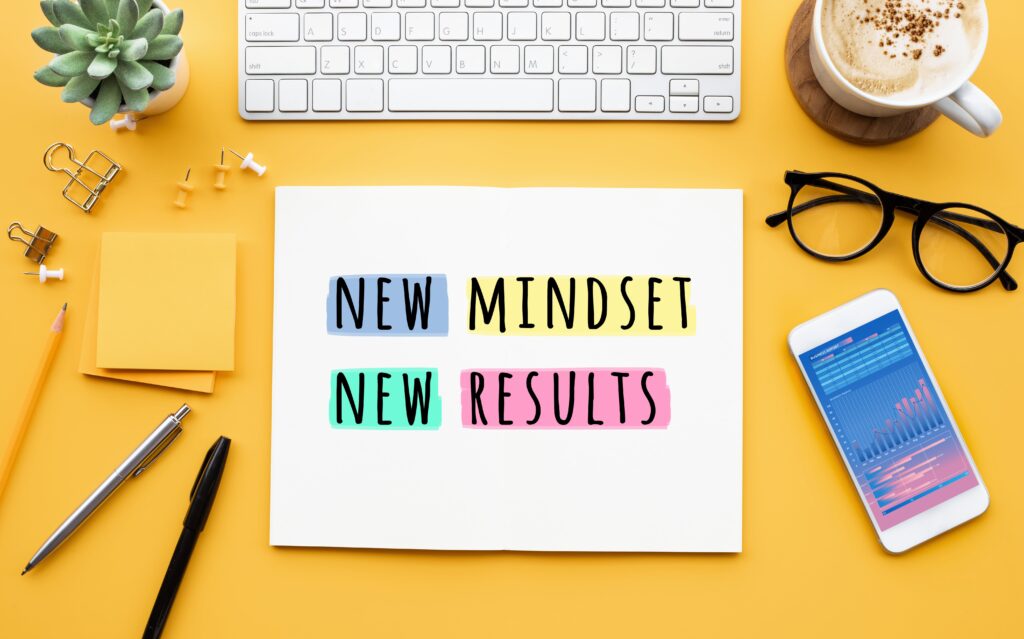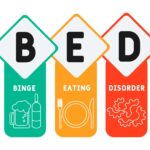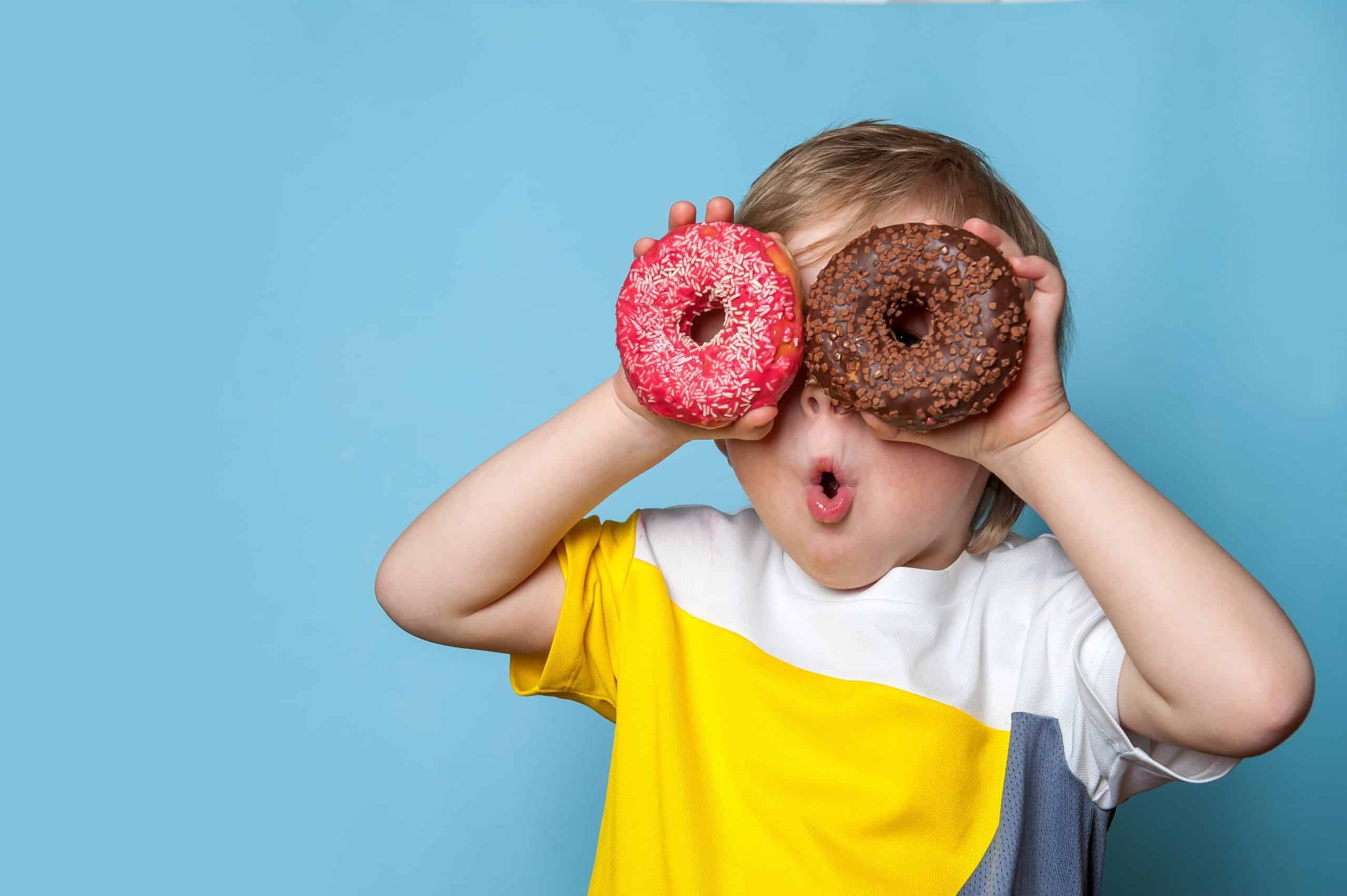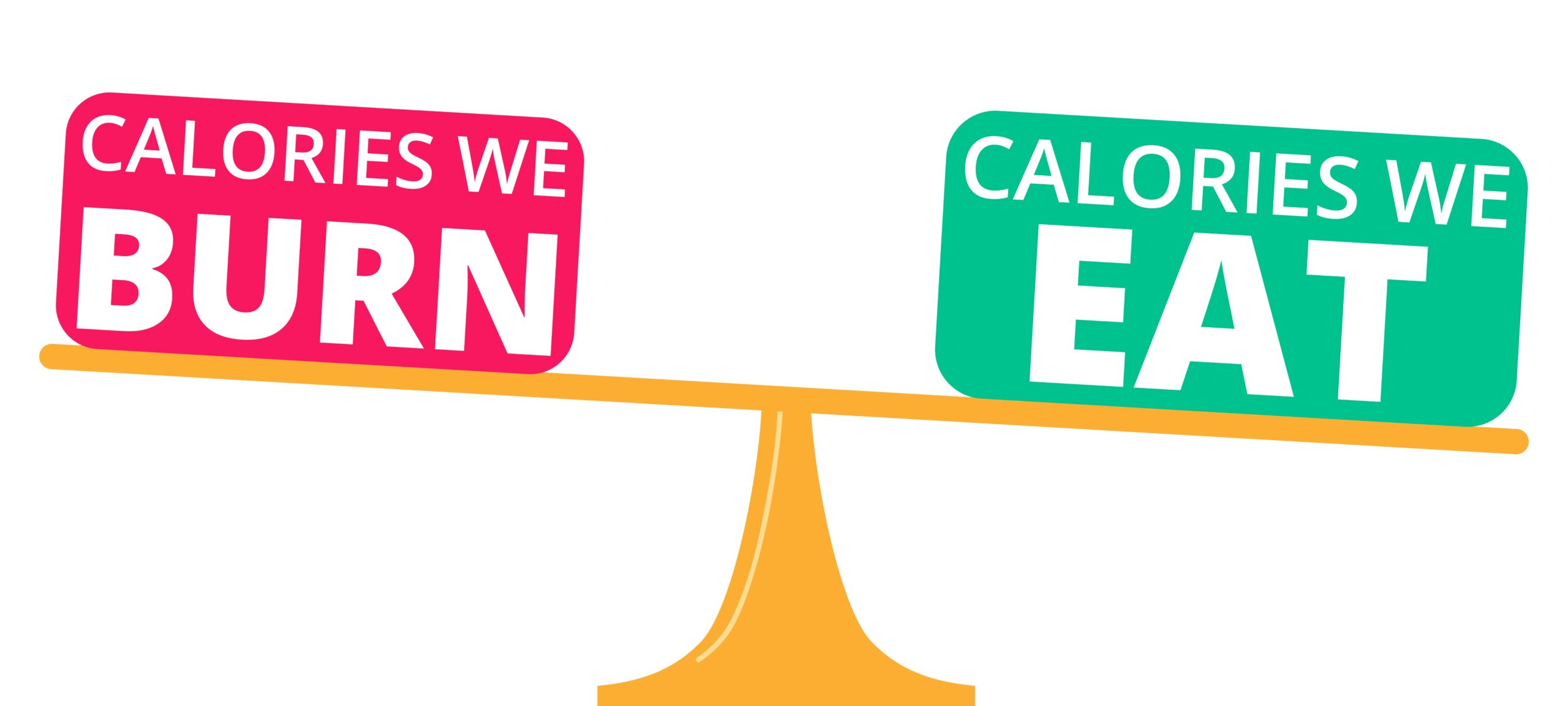How fear is getting in the way of your recovery
In recent articles, we unpacked some of the key 3 signs you are ready to recover and how to stay motivated in eating disorder recovery. Today, we will explore some of the barriers that may be holding you back from choosing recovery and some shifts we can make to let go of these potentially destructive barriers to our healing.
ONE: Fear of failure
When it comes to eating disorders, pressure often exists to get things perfect when living with or recovering from one.
It can be challenging to break the cycle of intense exercise or restrictive eating patterns, making us feel unprepared to recover, with a high potential failure rate. In addition, we may have tried and failed to heal entirely in the past, which can often play in our minds and hold us back from believing we have the power to recover.
To help find some motivation and affirmation on why you have what it takes to recover, why not try making a list of all the things you have succeeded in during your life so far?
Maybe you won or outperformed others in a competition that was important to you, or you were offered a place with your dream job or university. Perhaps you picked up a new skill or hobby recently and are starting to feel confident and empowered in your abilities.
No matter how small or how long ago these may have been – celebrate your achievements and use them as a reminder that you are capable and worthy of meaningful change when it comes to your relationship with food, too. Positive reinforcement is essential to appreciating our bodies and minds in recovery. (1)
TWO: Fear of change
When we have lived with an eating disorder for a proportion of our lives, of course, there is a level of unfamiliarity when it comes to recovery and healing.
The idea of recognising and listening to our hunger cues may be a foreign one, and we may be so distant from them that the idea of even beginning to reconnect with our bodily intuition may seem almost impossible.
To help shed a more positive light on the prospect of change, think about a time when you have had to adapt to a change. Perhaps it was moving to a new home, town, or country, losing a loved one, a changing relationship dynamic, or a bold career move.
The fact that you are still living through it all now is a sign that you are brave, strong, and resilient.
Sometimes change benefits us – moving home allows us to branch out, meet new people and become more independent as adults. Ending a toxic relationship or friendship can enable us to invite more high-value connections into our life.
Choosing recovery teaches us to show up for ourselves and accept our bodies for what they are. We can appreciate all the fantastic ways they serve us and enable us to live our everyday lives.
Achieving meaningful change concerning recovery will shift our mindset to focus on more than just food and exercise, holding space for all of the other beautiful facet’s life has to offer us.
THREE: Fear of success
The fear of success can be another critical mindset holding us back from recovery, such as the fear of things working out and milestones being achieved on the road to recovery.
We may be concerned with what our next step might look like and whether we will still feel like ‘us’. For example, we might have a fear of not liking our bodies if we restore our weight.
Will we look or feel any different? Will others around us still accept us and give us the same compassion that they may have offered during our ED?
Will we be accepted in society if we look different, and how connected will we feel to our identity?
These questions are all perfectly normal and valid – recovery can certainly feel like an unfamiliar environment to be in, especially when we may have been consumed by our eating disorder and our bodily cues and regular eating habits need to be re-established.
Alternatively, you may have achieved some degree of success in the past in recovery, but this may not have been enough to achieve total recovery and food freedom. This may make us believe that we are incapable of reaching a point of full recovery where we feel healed.
Start by defining what a successful endpoint may look like for you. Work backwards to see what baby steps you can take daily and incrementally to achieve this larger goal.
Any journey we make is sprinkled with flaws and mishaps, so it’s important to plan for these and recognise them when they arise, showing ourselves compassion and understanding to overcome and continue forwards regardless of the obstacles in our way.
FOUR: There will never be a perfect time.
When it comes to any goal, it’s perfectly normal to have barriers and roadblocks in our minds that prevent us from taking the steps towards it.
Maybe it’s that we are too busy, or we have an upcoming wedding or event we want to look our best for, or perhaps arguably the most powerful barrier of all – our mental health – may prevent us from seeking and achieving recovery. It can be helpful to look inwards and identify these roadblocks and how we might overcome them.
We also may have this idealised narrative of being totally ‘healed’ – when the reality is imperfections are a part of the human experience. We will constantly be faced with ongoing challenges and experiences regardless of whether we are in recovery or not, so it’s important to think about what healing means to you individually.
Studies show that participants with an eating disorder find that a looser definition of the endpoint in recovery can be more beneficial than a rigid number on a scale or other marker. (2) As we know, recovery isn’t solely about weight restoration, either.
Consider what a good relationship with food may look like for you and use this as a starting point to navigate your recovery. The ‘perfect’ time may never be clear – so fuelling yourself with a drive to consistently work on your journey with food and choose a path of healing is sensible and sustainable.
Remember, recovery is not about creating the “perfect” life, rather developing the tools and building emotional resilience when life feels hard.
Ready to get started with us? Book in a free discovery call today or read more about how we have helped previous participants like Anastasiia.
Priya Chotai, BSc ANutr
EHL Team x
References
Koller KA, Thompson KA, Miller AJ, Walsh EC, Bardone-Cone AM. Body appreciation and intuitive eating in eating disorder recovery. Int J Eat Disord. 2020 Aug;53(8):1261-1269. doi: 10.1002/eat.23238. Epub 2020 Feb 5. PMID: 32020677.
LaMarre A, Rice C. Recovering Uncertainty: Exploring Eating Disorder Recovery in Context. Cult Med Psychiatry. 2021 Dec;45(4):706-726. doi: 10.1007/s11013-020-09700-7. Epub 2021 Jan 2. PMID: 33389444.













